Sequels are hard. Sequels to instant classics are nearly impossible.
After all, Into the Spider-Verse, released in 2018, was a perfect standalone film. It did everything an origin story needed to do and called it a day.
For six years, it felt like that was it. One and done. And then it wasn’t. Instead of a sequel, we’re getting two. Across the Spider-Verse this year followed by Beyond the Spider-Verse in 2024.
It feels like a foolhardy effort. Like deliberately prancing about a minefield in clown shoes. Surely none of this will work.
But it does.
In fact, Across the Spider-Verse is not just a better film than its predecessor, it’s a colossal feat in animation. A superlative continuation of not just a franchise, but the Spider-Man mythology as a whole.
Set almost two years after the events of Into the Spider-Verse, Miles Morales has grown more comfortable with his life as Spider-Man, and less comfortable with his life as himself. With no Uncle Ben (or Aaron, in this case) to guide him, Miles is adrift in those turbulent years between teen and adulthood.
As a seemingly innocuous kerfuffle with a sad-sack villain spins out of control, Miles meets again with his distant friend and crush, Gwen Stacy. While their connection between dimensions is as potent as ever, Gwen has a secret mission and destiny of her own – one that keep Miles out of her life, whether she wants it or not.
Where Across the Spider-Verse goes from there is best left unsaid. Spoiling even a single surprise feels like robbing the viewer of a gift. Even as the film overflows with gags, ideas, and emotionally resonant moments. Suffice to say, whatever you think the film will be, it isn’t.
Which is to say, it’s still a wild, wacky, and supremely funny adventure film. A dazzling and inventive action romp that should satisfy both old and new comic book fans.
But it’s also a maximalist meditation on legacy, family (both biological and found), and identity in a world increasingly fixated on conformity. It builds upon shared knowledge and expectation for the stories we love, and asks at what point does that love turn toxic?
Like The Last Jedi, directed by Rian Johnson, Across the Spider-Verse is a film about the story it lives in, its audience, and the future.
This isn’t new territory to writers Christopher Miller and Phil Lord. After all, their work on The LEGO Movie proved they could handle corporate subversion like nobody’s business. But it’s here that their lessons come to fruition. Across the Spider-Verse has all the whimsy of its siblings, yet feels more confident every step of the way.
To top it off, this is a beautiful, beautiful film. A smorgasbord of animation styles, cultures, and music that is both overwhelming and intoxicating. Every scene is a painting you could get lost in. Every set piece feels like a climax. And it never gets stales, repetitive, or dull.
By the time it was over – with a clear promise of one more ride next year – I was shocked. Surely that wasn’t two and half hours already? Across the Spider-Verse feels like half of that.
In 2018, I said Into the Spider-Verse was unlike anything else out there. A singular work of animation brilliance that stands alone in its genre.
In Across the Spider-Verse, Gwen Stacy wonders how every Spider-Man is alone – and what a paradox that is. Now, Across the Spider-Verse joins that paradox. It’s a unique, singular masterwork that defies expectation.
Just like its predecessor.


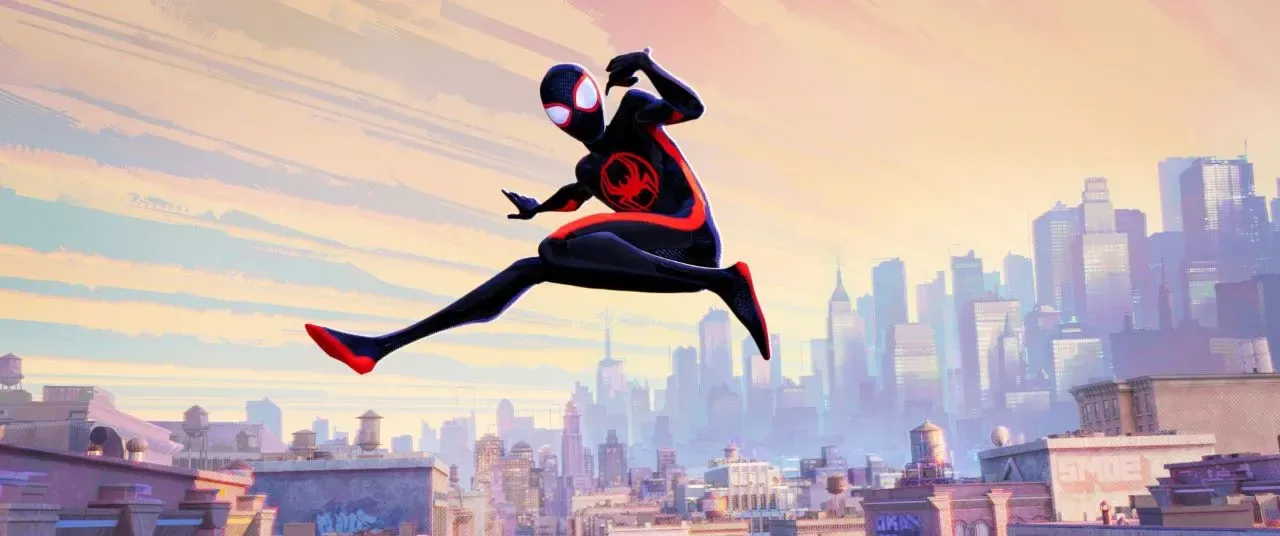
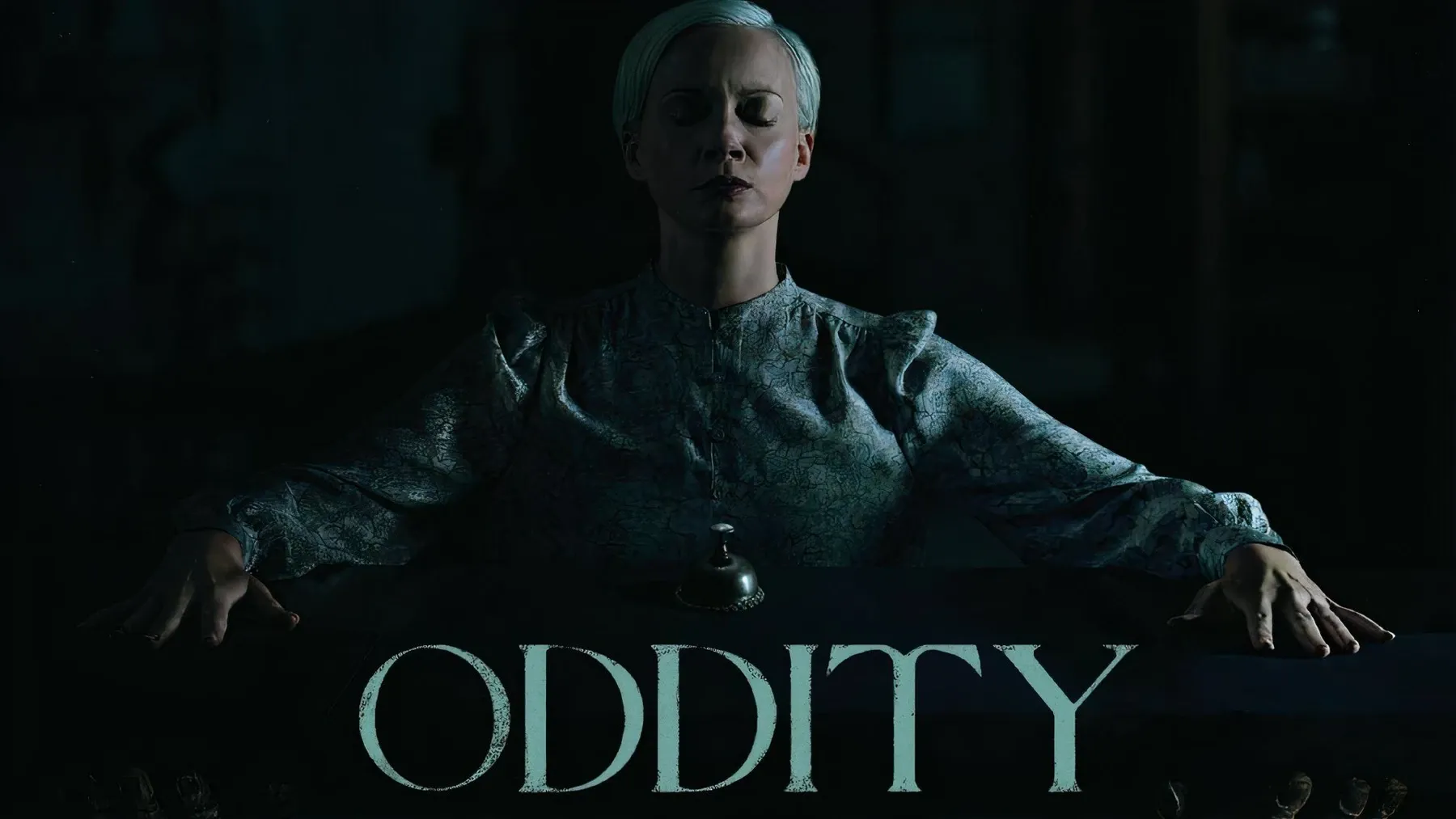
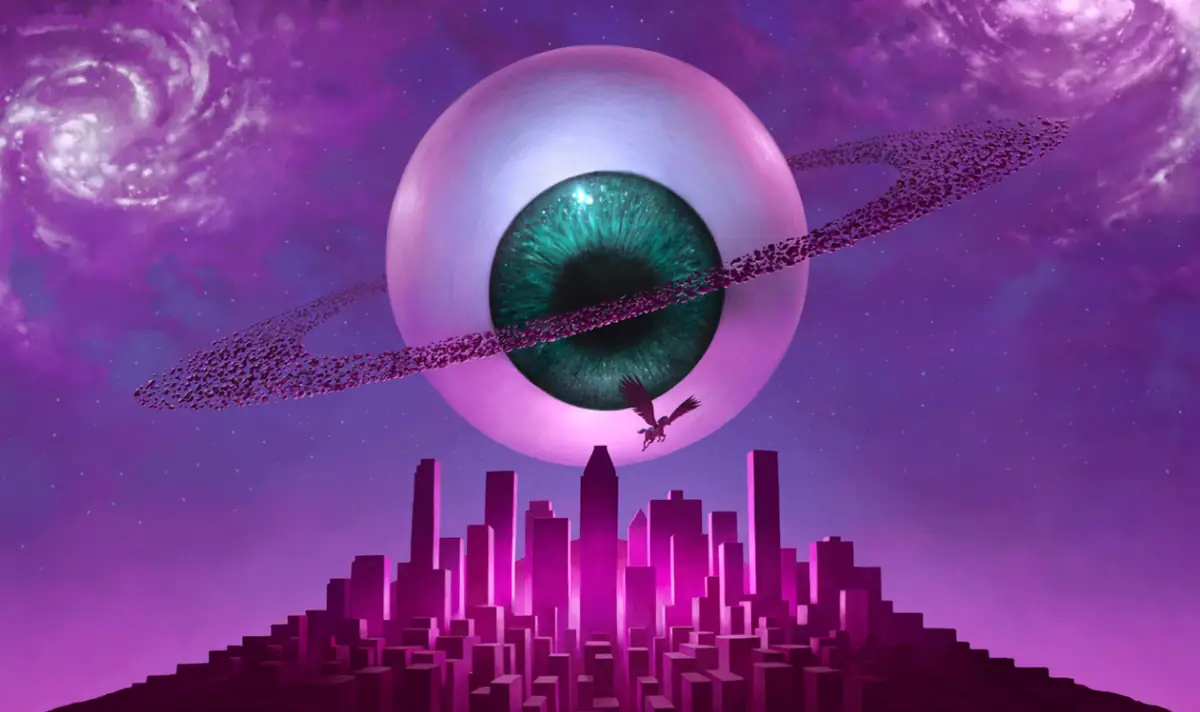
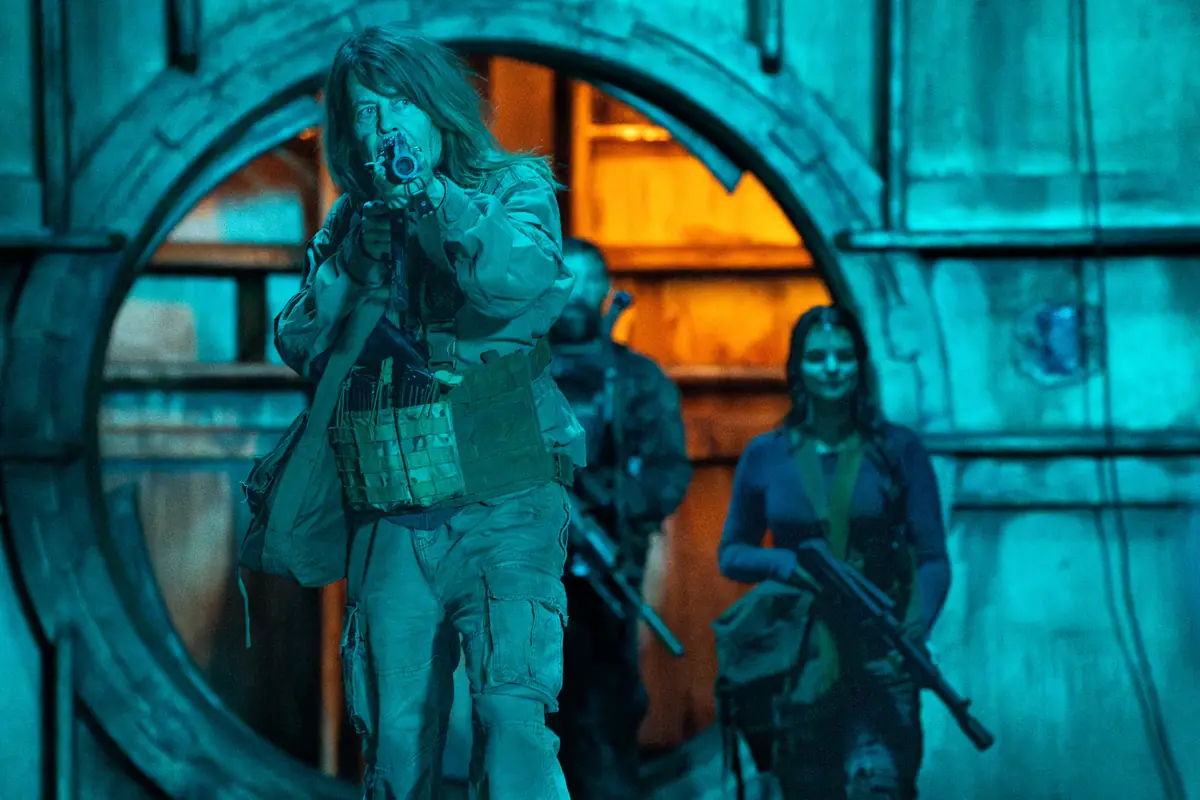

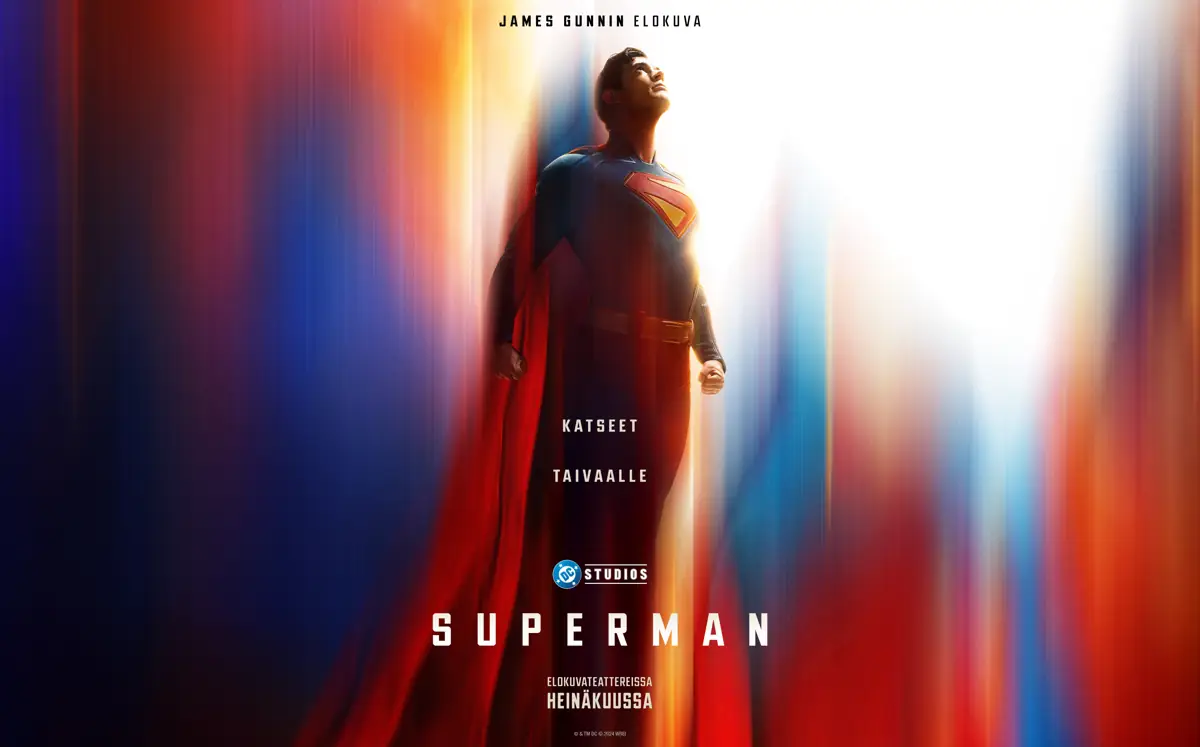

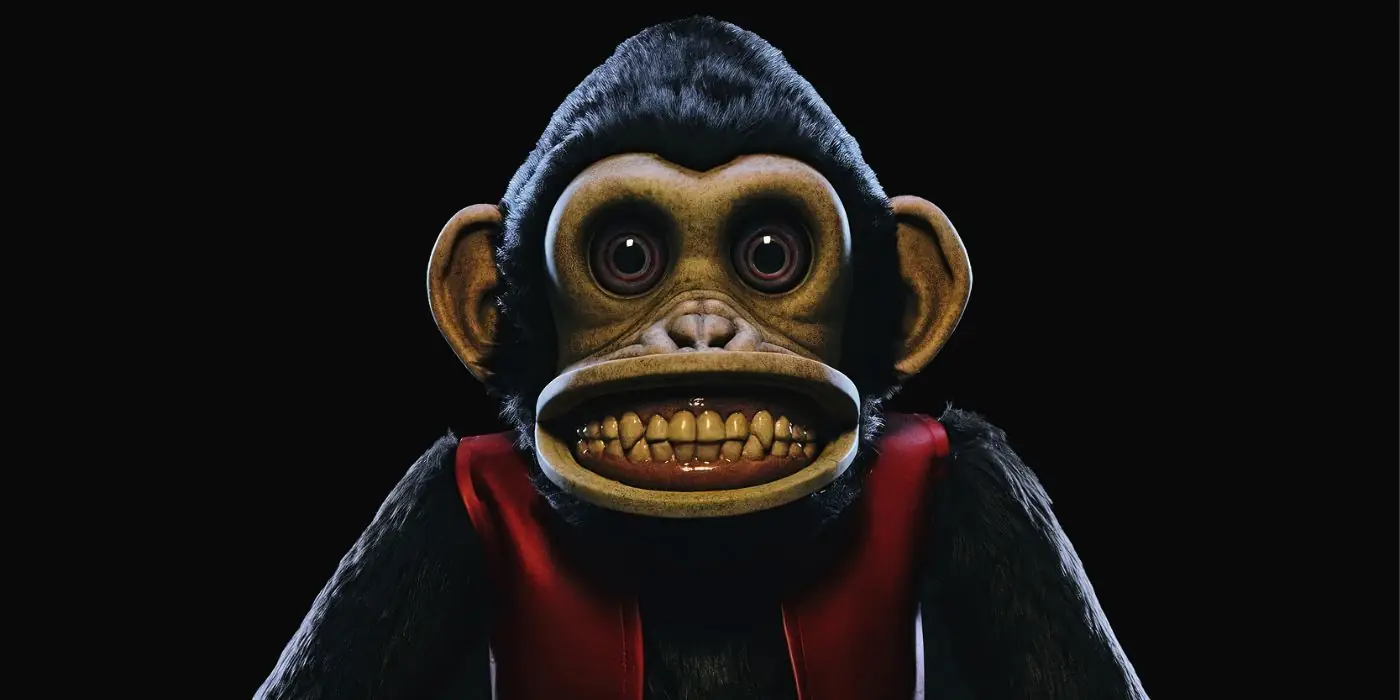
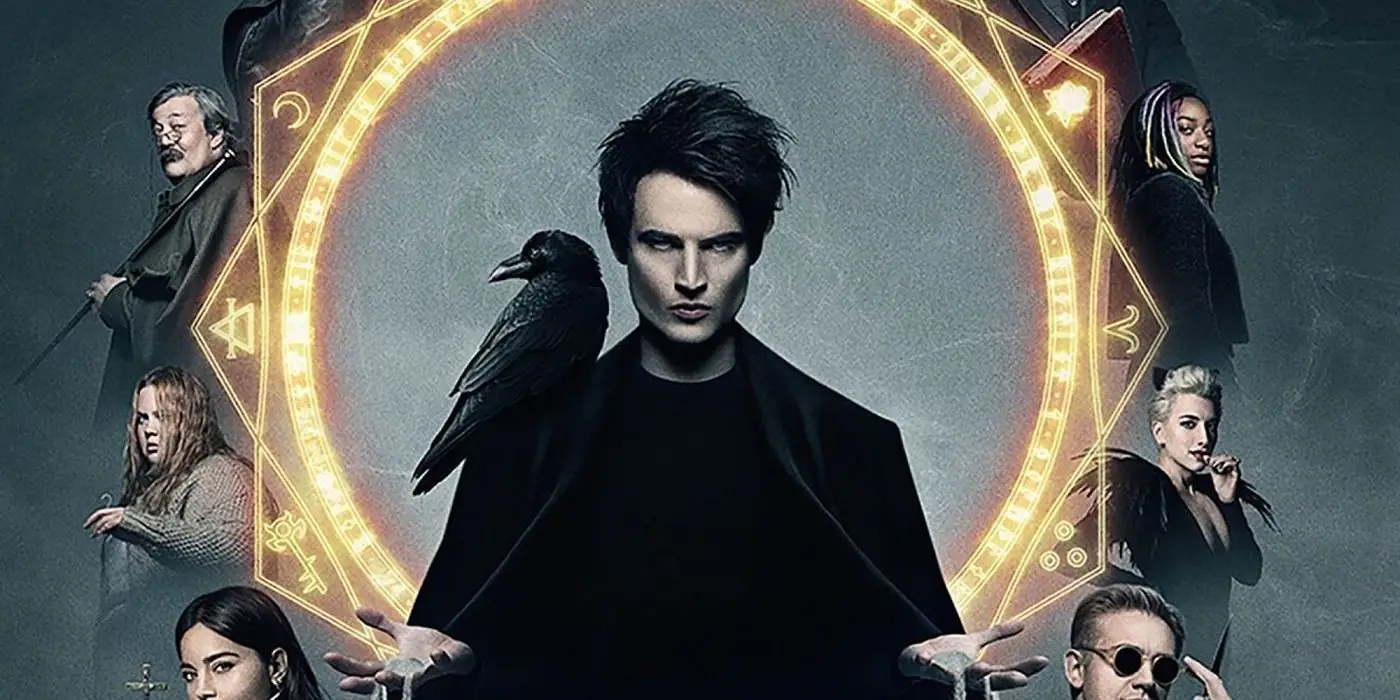
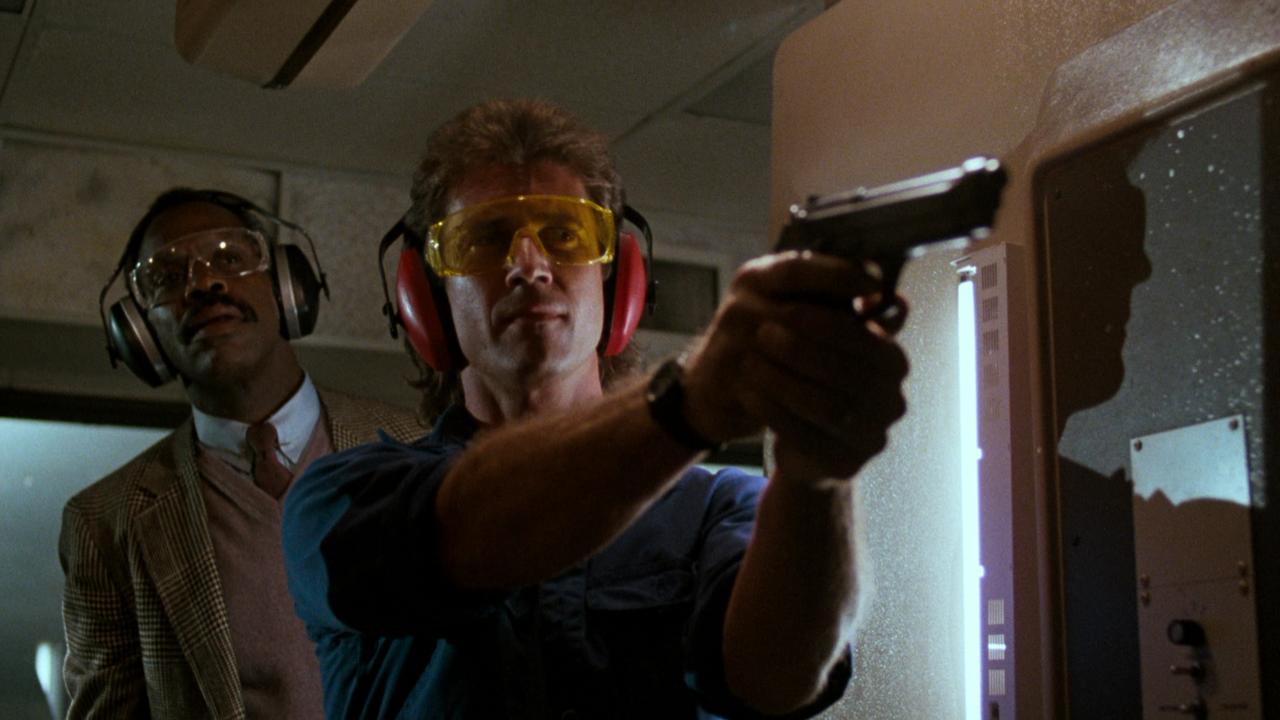


Discussion